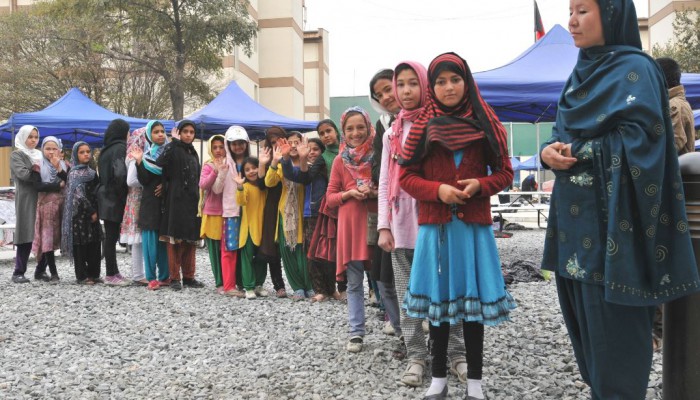The Impact of Economic Sanctions in Afghans’s Livelihood Security in Iran
This post forms part of our series in showcasing abstracts of presentations featured at our annual postgraduate interdisciplinary conference on refugee and forced migration research, hosted in October 2017 at The University of Melbourne.
Athar Shafaei
Understanding how economic sanctions affect people in target countries has been of considerable interest due to the growing use of sanctions as a foreign policy tools.
Previous research within this context has examined the experiences of people in a society, while vulnerable groups within these societies receiving limited attention. Iran has experienced heavy sanctions since 1979, which intensified by multilateral comprehensive sanctions during 2010 to 2015.
Whereas Iran is the second-largest host country for Afghans after Pakistan. As Afghans in Iran are particularly vulnerable, this study explores the Afghans’ life condition in Iran during intensifying the economic sanctions. This paper presents a part of the main study for PhD research conducted in Tehran drawing on the results of semi-structured and open-ended interviews with experts, NGOs, and Afghans.
The paper focuses on Afghans’ livelihood security comprising housing, food, discrimination and racism. The findings indicate that sanctions have worsened the Afghans’ middle-class living conditions.
Athar Shafaei is a PhD candidate in the School of Arts, Social Sciences and Humanities at Swinburne University of Technology. She awarded M.Phil. in International Political Economy from National University of Malaysia (UKM). Her research interest includes, sanctions, refugees, asylum seekers, socio-economic, human security, resettlement, Iran, Australia, and US foreign policy.
